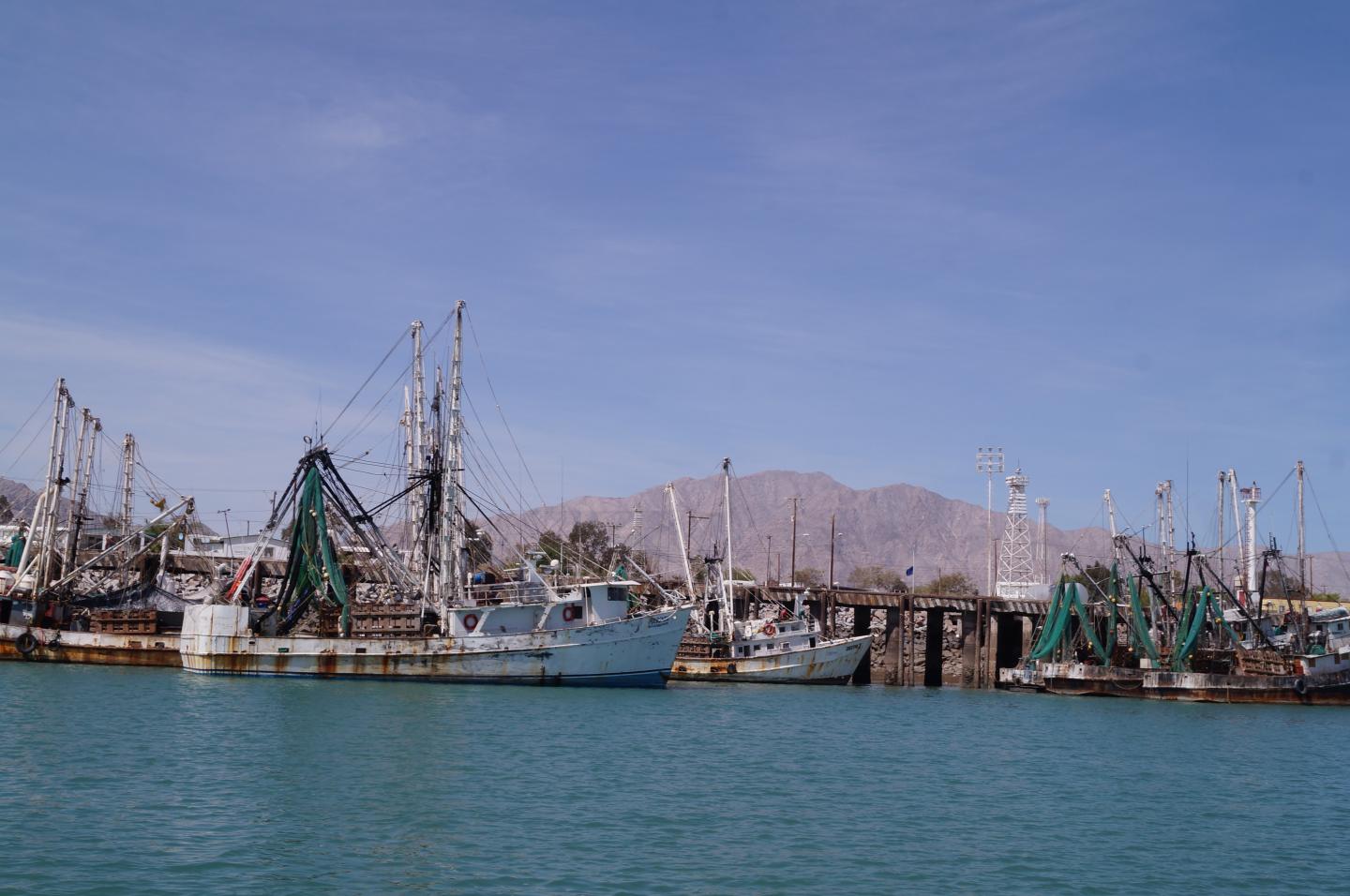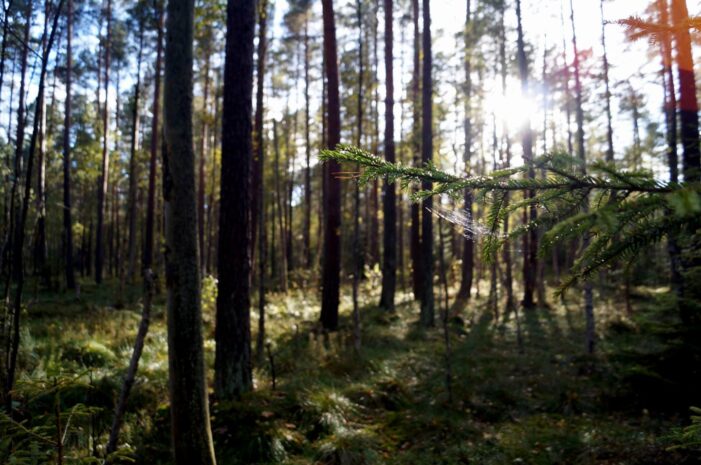Two-thirds of the 57 natural World Heritage sites are affected this year by illegal fishing, logging and poaching, said the monitoring body International Union for Conservation of Nature (IUCN), sending alarm bells over the risk faced by some of the world’s most precious and unique ecosystems and species.
On the eve of its 41st session of the World Heritage Committee meeting starting this Sunday in Kraków, Poland, IUCN recommends listing Mexico’s Islands and Protected Areas of the Gulf of California on the List of World Heritage in Danger to avoid illegal gillnet fishing, which threatens the vaquita with imminent extinction.
IUCN also raises concerns over continued impacts of illegal activities, including logging and poaching, on the unique biodiversity of Madagascar’s Rainforests of the Atsinanana and on Bia?owie?a Forest – one of Europe’s last remaining primeval forests located in Poland and Belarus.
“It is alarming that even our planet’s greatest natural treasures are under pressure from illegal activities,” says IUCN Director General Inger Andersen. “World Heritage sites are recognised as the planet’s most unique and valuable places, for nature and for people. If destroyed, they are lost forever.
Illegal wildlife trade is threatening the vaquita – the world’s smallest porpoise – with extinction. The Islands and Protected Areas of the Gulf of California became a World Heritage site in 2005 for its unique marine biodiversity. It hosts a third of the world’s cetacean species. The vaquita’s swim bladder fetches high prices in Asian markets.
Despite Mexico’s extensive efforts to combat the illegal gillnet fishing, the vaquita’s survival remains at severe risk, with only about 30 individuals left to survive in the wild. IUCN recommends placing the site on the List of World Heritage in Danger to mobilise urgent action to protect the site, besides calling for a permanent ban on gillnets.
Madagascar’s Rainforests of the Atsinanana, a key habitat for endangered lemurs, acquired ‘in danger’ status in 2010 – only three years after being listed as a World Heritage site – due to illegal logging of ebony and rosewood. IUCN recommends stronger efforts to address the threats, including increased cooperation between countries along trading routes.
If Poland continues to undertake wood extraction and logging in Białowieża, one of the first World Heritage sites shared between Poland and Belarus covering a total area of 141,885 hectares. It remains primeval forest and home to the iconic European Bison and hosts more than 250 bird and over 12,000 invertebrate species.
IUCN is the official advisory body on nature to the World Heritage Committee, recommending new sites to be included on the World Heritage list.



